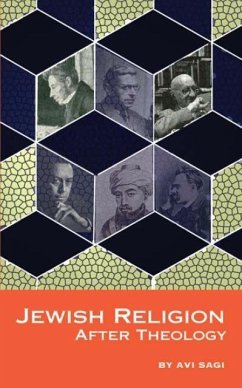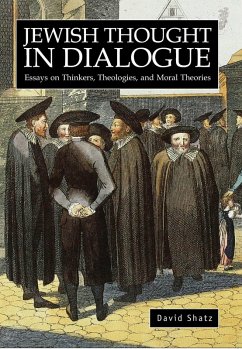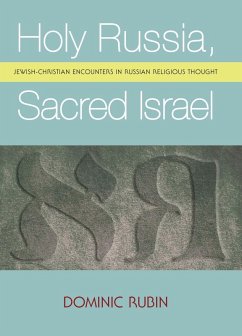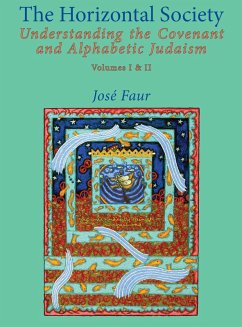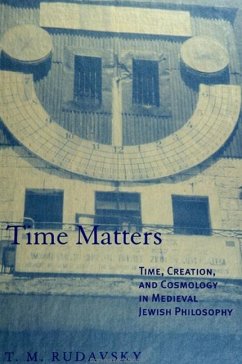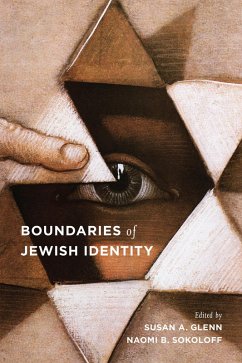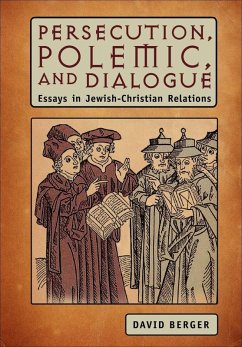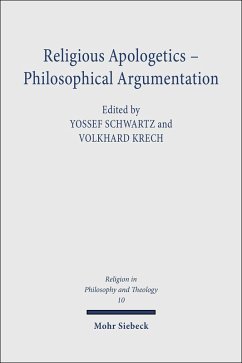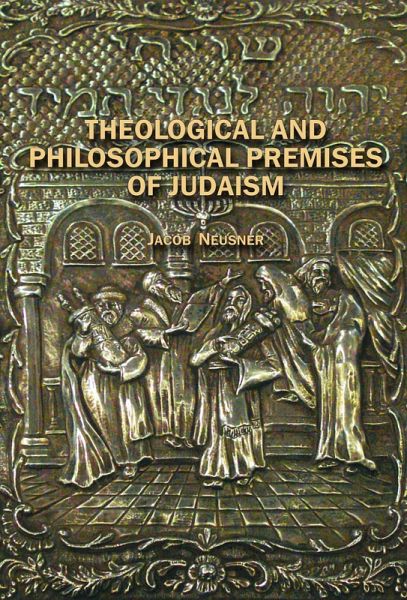
Theological and Philosophical Premises of Judaism (eBook, PDF)
Versandkostenfrei!
Sofort per Download lieferbar
130,95 €
inkl. MwSt.
Weitere Ausgaben:

PAYBACK Punkte
0 °P sammeln!
Jacob Neusner is Distinguished Service Professor of the History and Theology of Judaism and Senior Fellow, Institute of Advanced Theology, Bard College. He is also a Member of the Institute for Advanced Study, Princeton NJ, and Life Member of Clare Hall, Cambridge University, in England. He has published more than 100 books and unnumbered articles, both scholarly and academic and popular and journalistic, and is the most published humanities scholar in the world.
Dieser Download kann aus rechtlichen Gründen nur mit Rechnungsadresse in A, B, BG, CY, CZ, D, DK, EW, E, FIN, F, GR, HR, H, IRL, I, LT, L, LR, M, NL, PL, P, R, S, SLO, SK ausgeliefert werden.




